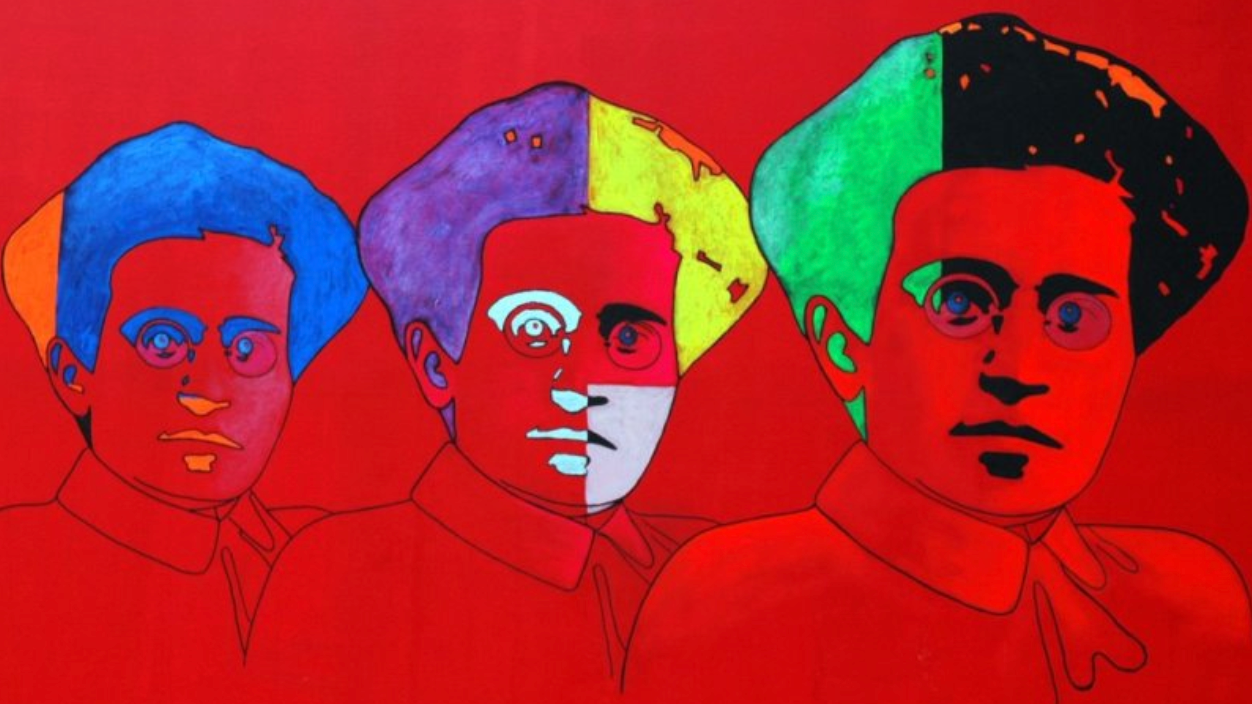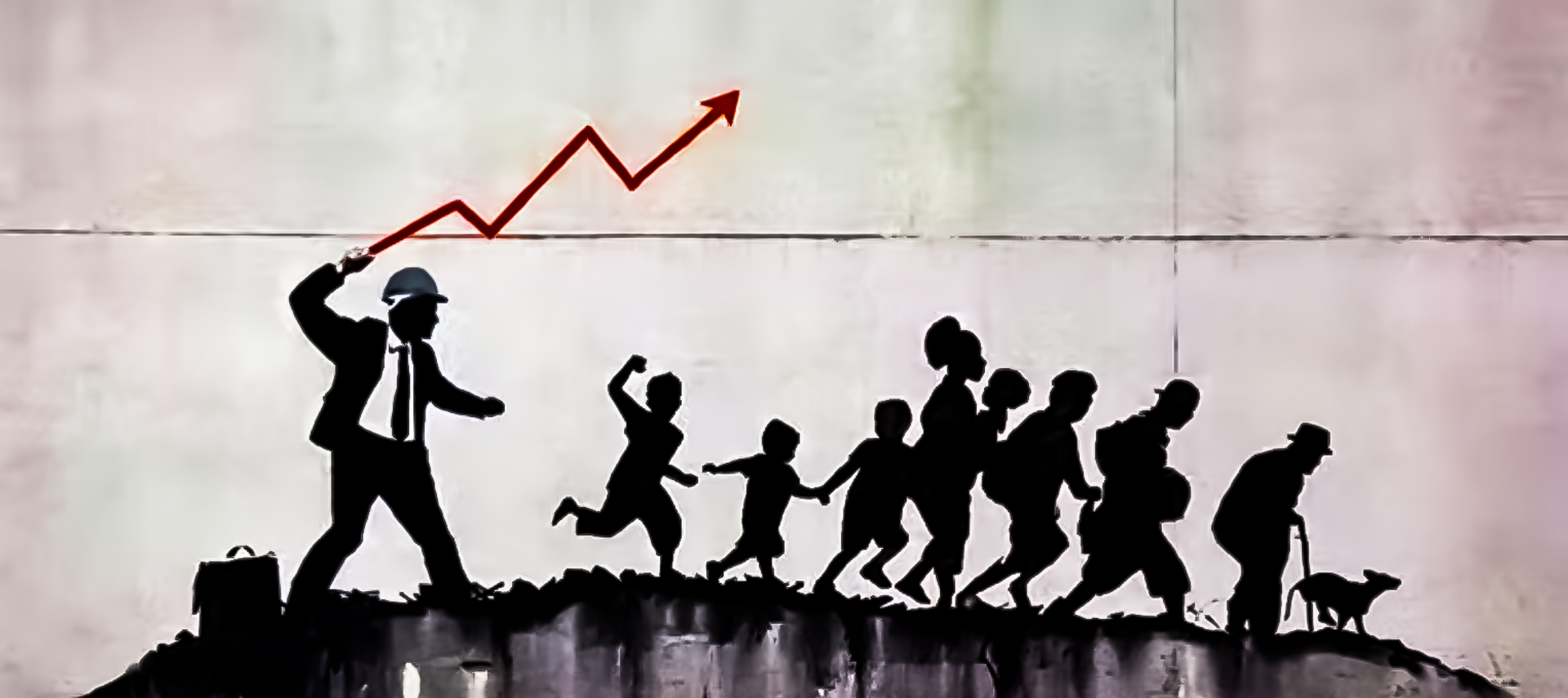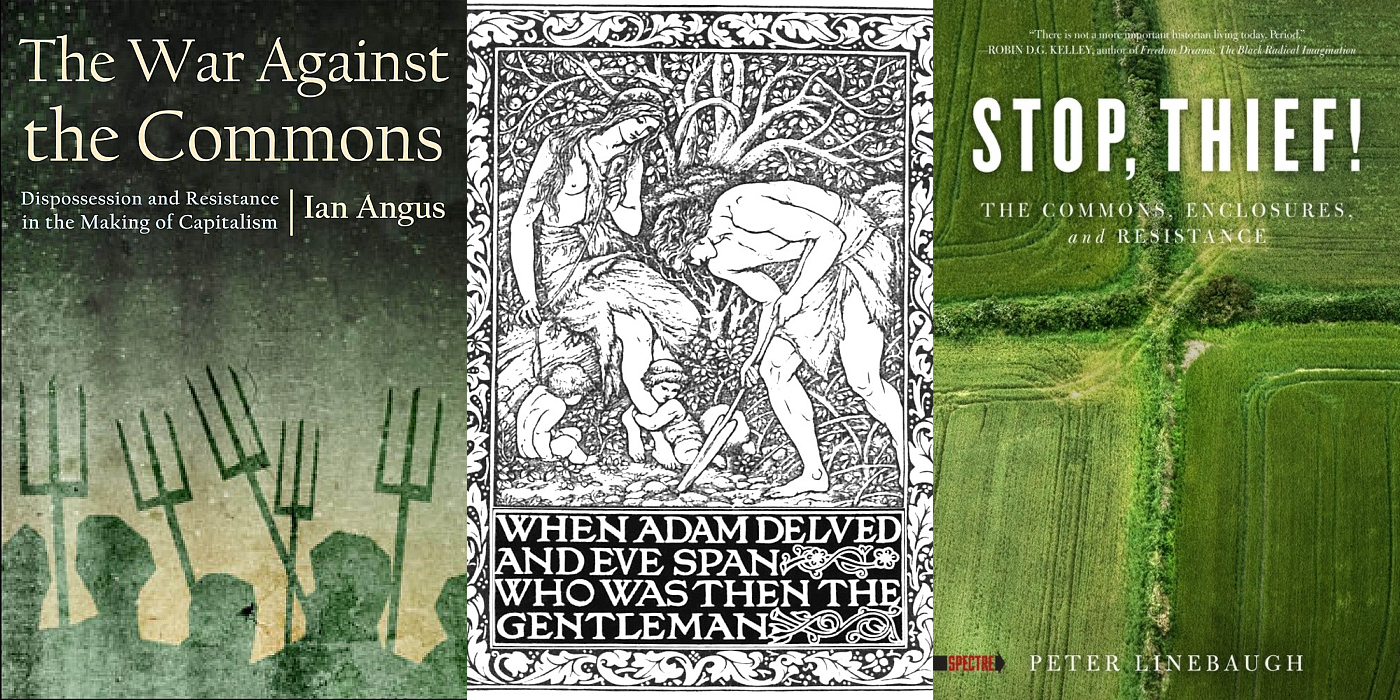historical materialism
Reading Antonio Gramsci’s Prison Notebooks
Online: Zoom link will be provided to registered participantsWe continue to study selected passages from Antonio Gramsci’s Prison Notebooks. We delve into key themes and concepts related to civil society and state: politics and the arts, racism, class and gender, religion, linguistics, and other methods of analysis, critical theory, mass media, and cinema, hegemony, and subaltern studies, as well as the role of intellectuals and activists in discovering new methods and languages to be transformative.
Reading Antonio Gramsci’s Prison Notebooks
Online: Zoom link will be provided to registered participantsWe continue to study selected passages from Antonio Gramsci’s Prison Notebooks. We delve into key themes and concepts related to civil society and state: politics and the arts, racism, class and gender, religion, linguistics, and other methods of analysis, critical theory, mass media, and cinema, hegemony, and subaltern studies, as well as the role of intellectuals and activists in discovering new methods and languages to be transformative.
Reading Marx’s Capital, Volume I (third series)
Online: Zoom link will be provided to registered participantsThird series in our close reading and discussion of Marx's magnum opus, with Lisa Maya Knauer and other facilitators from the MEP's Capital Studies Group. This series covers parts 5 through 8 of Capital I, on wages, the accumulation of capital, and the so-called primitive accumulation.
Reading Antonio Gramsci’s Prison Notebooks
Online: Zoom link will be provided to registered participantsWe continue to study selected passages from Antonio Gramsci’s Prison Notebooks. We delve into key themes and concepts related to civil society and state: politics and the arts, racism, class and gender, religion, linguistics, and other methods of analysis, critical theory, mass media, and cinema, hegemony, and subaltern studies, as well as the role of intellectuals and activists in discovering new methods and languages to be transformative.
Reading Marx’s Capital, Volume I (third series)
Online: Zoom link will be provided to registered participantsThird series in our close reading and discussion of Marx's magnum opus, with Lisa Maya Knauer and other facilitators from the MEP's Capital Studies Group. This series covers parts 5 through 8 of Capital I, on wages, the accumulation of capital, and the so-called primitive accumulation.
Reading Marx’s Capital, Volume I (third series)
Online: Zoom link will be provided to registered participantsThird series in our close reading and discussion of Marx's magnum opus, with Lisa Maya Knauer and other facilitators from the MEP's Capital Studies Group. This series covers parts 5 through 8 of Capital I, on wages, the accumulation of capital, and the so-called primitive accumulation.
Commons, Commoning, Communism
Online: Zoom link will be provided to registered participantsBefore the advent of capitalism, much of humanity produced their immediate livelihoods on lands and with tools to which they either had rights of use or held as individual property. All that came to a violent end with what Marx preferred to call the "original expropriation" (often misleadingly termed "primitive accumulation"). This reading group will explore the historical roots and persistence of such crimes and the resistance they evoke by reading together Ian Angus's recently published The War Against the Commons, Peter Linebaugh's Stop Thief! and related texts.
Reading Marx’s Capital, Volume I (third series)
Online: Zoom link will be provided to registered participantsThird series in our close reading and discussion of Marx's magnum opus, with Lisa Maya Knauer and other facilitators from the MEP's Capital Studies Group. This series covers parts 5 through 8 of Capital I, on wages, the accumulation of capital, and the so-called primitive accumulation.
Commons, Commoning, Communism
Online: Zoom link will be provided to registered participantsBefore the advent of capitalism, much of humanity produced their immediate livelihoods on lands and with tools to which they either had rights of use or held as individual property. All that came to a violent end with what Marx preferred to call the "original expropriation" (often misleadingly termed "primitive accumulation"). This reading group will explore the historical roots and persistence of such crimes and the resistance they evoke by reading together Ian Angus's recently published The War Against the Commons, Peter Linebaugh's Stop Thief! and related texts.
Reading Marx’s Capital, Volume I (third series)
Online: Zoom link will be provided to registered participantsThird series in our close reading and discussion of Marx's magnum opus, with Lisa Maya Knauer and other facilitators from the MEP's Capital Studies Group. This series covers parts 5 through 8 of Capital I, on wages, the accumulation of capital, and the so-called primitive accumulation.
Commons, Commoning, Communism
Online: Zoom link will be provided to registered participantsBefore the advent of capitalism, much of humanity produced their immediate livelihoods on lands and with tools to which they either had rights of use or held as individual property. All that came to a violent end with what Marx preferred to call the "original expropriation" (often misleadingly termed "primitive accumulation"). This reading group will explore the historical roots and persistence of such crimes and the resistance they evoke by reading together Ian Angus's recently published The War Against the Commons, Peter Linebaugh's Stop Thief! and related texts.
Reading Marx’s Capital, Volume I (third series)
Online: Zoom link will be provided to registered participantsThird series in our close reading and discussion of Marx's magnum opus, with Lisa Maya Knauer and other facilitators from the MEP's Capital Studies Group. This series covers parts 5 through 8 of Capital I, on wages, the accumulation of capital, and the so-called primitive accumulation.
Commons, Commoning, Communism
Online: Zoom link will be provided to registered participantsBefore the advent of capitalism, much of humanity produced their immediate livelihoods on lands and with tools to which they either had rights of use or held as individual property. All that came to a violent end with what Marx preferred to call the "original expropriation" (often misleadingly termed "primitive accumulation"). This reading group will explore the historical roots and persistence of such crimes and the resistance they evoke by reading together Ian Angus's recently published The War Against the Commons, Peter Linebaugh's Stop Thief! and related texts.
Reading Marx’s Capital, Volume I (third series)
Online: Zoom link will be provided to registered participantsThird series in our close reading and discussion of Marx's magnum opus, with Lisa Maya Knauer and other facilitators from the MEP's Capital Studies Group. This series covers parts 5 through 8 of Capital I, on wages, the accumulation of capital, and the so-called primitive accumulation.
Commons, Commoning, Communism
Online: Zoom link will be provided to registered participantsBefore the advent of capitalism, much of humanity produced their immediate livelihoods on lands and with tools to which they either had rights of use or held as individual property. All that came to a violent end with what Marx preferred to call the "original expropriation" (often misleadingly termed "primitive accumulation"). This reading group will explore the historical roots and persistence of such crimes and the resistance they evoke by reading together Ian Angus's recently published The War Against the Commons, Peter Linebaugh's Stop Thief! and related texts.



